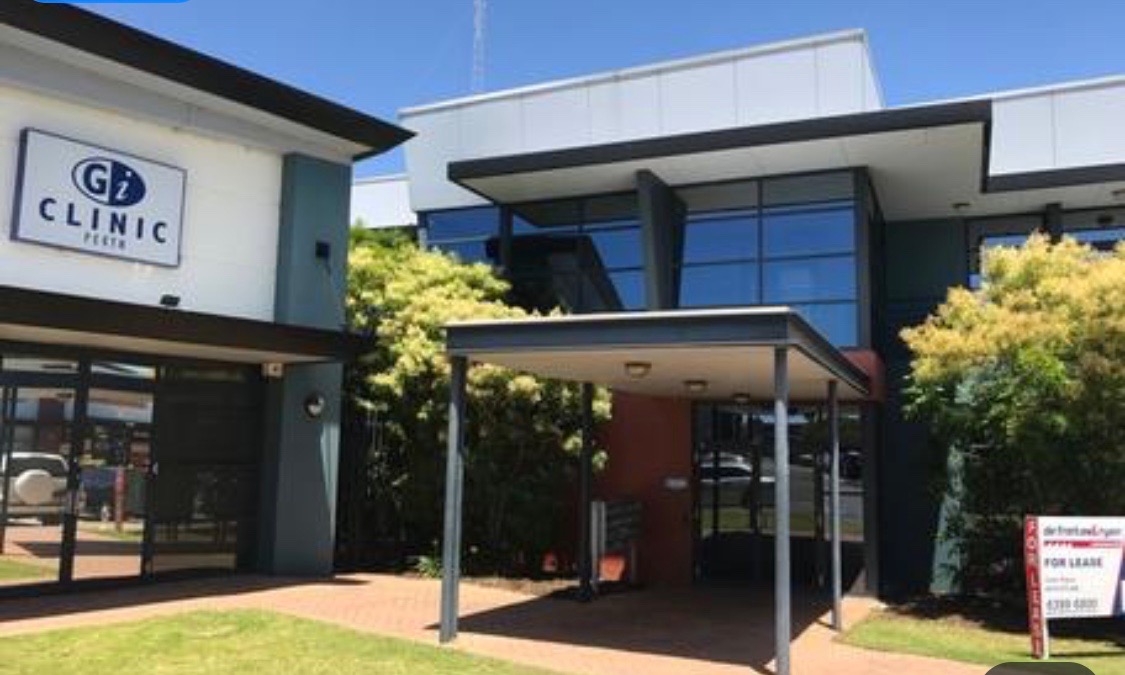Alan Furlong
Analytical Counselling
EAP &
Clinical Supervision
Call Alan now
Anger Management Sessions in line with Employers Human Resources Department.
When an employee is referred by HR to mandatory anger management counselling, the process typically follows a structured approach to ensure the sessions address both the individual’s personal emotional regulation and workplace behaviour concerns. Below are the key protocols involved in such cases:
1. Assessment and Intake
Initial Evaluation: The first session typically involves a thorough assessment to understand the nature of the individual’s anger issues. This might include:
- Understanding Triggers: The therapist will ask about specific workplace situations that lead to anger, such as conflict with colleagues, feeling overwhelmed, or performance-related stress.
- Anger History: Exploring whether anger issues are new or long-standing, and whether they manifest outside the workplace.
- Behavioural Patterns: Identifying patterns of behaviour (e.g., verbal outbursts, physical aggression, or passive-aggressive tendencies).
- Co-occurring Issues: Checking for other issues like stress, anxiety, or substance abuse, which might contribute to the anger.
Workplace Context: HR will often provide some context for the referral, like specific incidents or patterns of behaviour that led to the mandatory sessions, helping the therapist align the approach with workplace goals.
2. Confidentiality and Reporting
- Informed Consent: It is essential to clarify the boundaries of confidentiality at the start. Employees need to understand:
- Confidentiality: What they share in therapy remains confidential, except in cases of safety concerns (e.g., threats of violence).
- HR Reports: The therapist may provide feedback to HR, but this is usually limited to attendance, participation, and general progress, rather than detailed session content.
3. Goal Setting and Contracting
- Collaborative Goal Setting: The therapist and employee will work together to set specific, achievable goals, often related to:
- Reducing Anger Outbursts: Learning to manage intense emotional reactions in professional settings.
- Improving Communication: Developing skills to express frustration or disagreement constructively.
- Stress Management: Addressing underlying stressors that might be contributing to anger.
- Workplace-Specific Goals: Since the referral is from HR, goals will often focus on workplace behaviour, such as learning to de-escalate conflict, build rapport with colleagues, or handle feedback non-defensively.
4. Skills Training and Interventions
- Cognitive Behavioural Therapy (CBT): CBT is the primary approach in anger management counselling. It helps clients identify and challenge negative thoughts and beliefs that lead to anger. Common strategies include:
- Cognitive Restructuring: Changing unhelpful thoughts that escalate anger (e.g., "They did that to disrespect me" to "It may not have been personal, and I can address this calmly").
- Relaxation Techniques: Teaching strategies like deep breathing, progressive muscle relaxation, or mindfulness to calm down in stressful situations.
- Anger Awareness: Increasing the employee's awareness of anger as it begins to build. This includes recognising physical symptoms (e.g., a fast heartbeat, sweating) and emotional cues.
- Communication Skills: Learning assertive communication techniques, which allow the individual to express their needs or frustrations without resorting to aggression.
- Problem-Solving: Developing strategies for addressing recurring workplace issues that cause anger, such as workload management or interpersonal conflict.
- Behavioural Rehearsal: Role-playing scenarios that typically cause frustration in the workplace, helping the individual practice responding calmly and assertively.
5. Monitoring Progress and Feedback
- Check-ins and Monitoring: Progress is monitored throughout the sessions. This may include:
- Self-Reporting: The client tracks instances of anger or frustration between sessions to review their responses and triggers.
- Behavioural Change: HR may provide feedback on observable changes in workplace behaviour, allowing the therapist to adjust interventions as needed.
- Therapist Evaluation: The therapist may use scales or questionnaires to track improvements in anger control and emotional regulation.
6. Addressing Resistance and Motivation
- Handling Resistance: Some individuals may initially be resistant, especially if they feel forced into counselling. The therapist's role is to:
- Explore Ambivalence: Discuss any reluctance to participate, reframing the sessions as an opportunity for personal growth.
- Building Motivation: Use motivational interviewing techniques to help the client see the benefits of change, both for their career and personal well-being.
- Normalising the Process: Emphasising that anger management is a skill anyone can learn, and it does not imply weakness or failure.
7. Relapse Prevention and Long-Term Strategies
- Coping Plans: Toward the end of counselling, the therapist and employee will develop long-term strategies for maintaining emotional control. This includes:
- Relapse Prevention: Identifying high-risk situations that could trigger future anger and creating action plans to handle these scenarios.
- Support Systems: Encouraging the client to build a support system, such as speaking to a trusted colleague or using workplace resources when feeling overwhelmed.
- Follow-Up Options: Some HR policies might allow for follow-up sessions if anger issues resurface or if the individual needs further support.
8. Documentation and Reporting to HR
- Summary Reports: At the end of the counselling, a summary may be provided to HR (with the employee's consent). This might include:
- Attendance and Participation: Confirming the employee attended the mandatory sessions and engaged with the process.
- Progress Overview: Reporting on the employee’s progress toward managing anger and adopting new behaviours.
- Recommendations: Suggesting additional support if needed, such as continued therapy, coaching, or workplace accommodations.
Conclusion
The key protocols for anger management counselling referred by HR focus on addressing both the individual’s internal emotional regulation and their behaviour in the workplace. With confidentiality, skill-building, and a clear focus on behavioural change, the goal is to help the employee manage anger in a way that improves both their personal well-being and their professional relationships.
Qualifications & Accreditation
I hold a Masters degree in Addiction Studies and hold a BA in Psychoanalytic Studies and I am level 4 accreditation licensed with the Australian Counsellors Association. Check out my profile and license with the ACA at just click the following link here
http://www.theaca.net.au/counsellor/alan-furlong
LOCATION.
Hulme House.
Unit 16 / 32 Hulme Court,
Myaree, Perth WA 6154.


OPEN HOURS
Open Monday to Friday 7 AM - 6:30 PM.
Sundays 7:30 AM - 11 AM.
ABN 89 326 159 927
